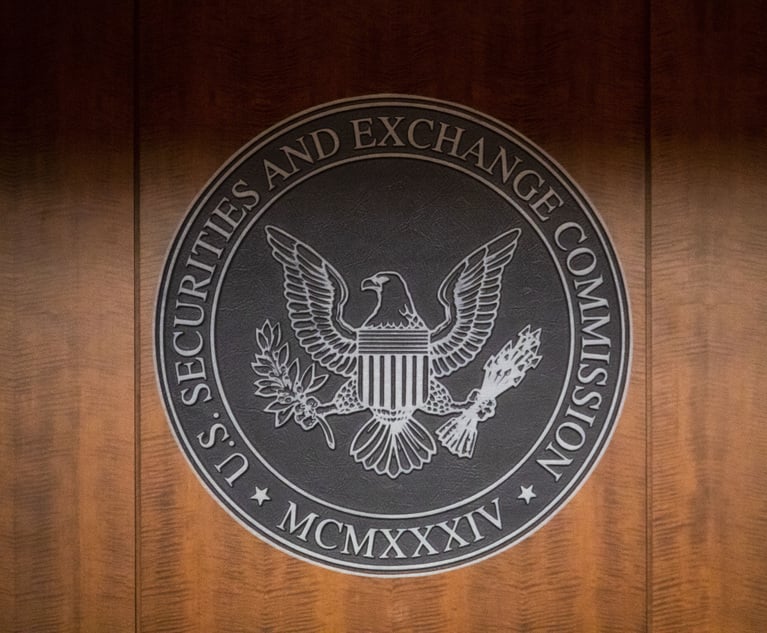The Federal Reserve may consider limits on bank ownership andtrading of physical commodities out of concern that an event suchas an oil spill could undermine financial stability.
|“We are involved in a very comprehensive review” of banks'commodities activity, Fed Vice Chairman Janet Yellen said today ata Senate hearing on her nomination to become chairman of thecentral bank. “We want to make sure that these are conducted in asafe and sound manner, and we may be involved in additionalrulemaking as we complete this review.”
|Banks trade derivatives related to commodities, from oil to cornto gold. To support that business, they often accept delivery ofthose assets to settle trades, and even store the materials. Manybanks have moved beyond trading to owning physical operations suchas shipping companies and power plants.
|Yellen's reference to rulemaking suggests officials are growingless comfortable with the possibility of a cataclysmic risk, suchas an explosion or spill, undermining the stability of one of thelargest banks or financial companies and the overall financialsystem.
|“What it really suggests is banks can be in the business butthere will be constraints in terms of how far they can go,” saidGilbert Schwartz, partner at the Washington law firm Schwartz andBallen LLP.
|Fed officials are also considering how firms could facereputational risk from having extensive operations in basiccommodities important to businesses and consumers.
|“The Fed is working on a new standard that will permit banks toremain in physical commodities, but impose higher capital and otherregulatory standards that might make the banks want to stop doingit,” said Karen Shaw Petrou, managing partner at Federal FinancialAnalytics, a Washington regulatory research firm.
|Yellen's comments reinforce “the very long view at the Fed thatthey don't like non-traditional activities in banks,” Shaw Petrousaid.
|More information about the Fed's approach to commodities willcome in testimony on the topic by Michael Gibson, the Fed board'sdirector of bank supervision and regulation, on Nov. 20 before asubcommittee of the Senate Banking Committee.
|U.S. law restricts banks from owning non-financial businessesunless they get special exemptions. Goldman Sachs Group Inc. andMorgan Stanley were the two biggest U.S. securities firms untilthey converted into banks in 2008. A 1999 law “grandfathers” anycommodities operations they had before Sept. 30, 1997.
|The Fed said in July that it's reconsidering its landmark 2003decision to grant some lenders, such as Citigroup Inc. and JPMorganChase & Co., permission to expand into raw materials.
|Yellen made the comments today in response to a question fromSenator Jeff Merkley, an Oregon Democrat. She spoke at a hearing onher nomination to succeed Fed Chairman Ben S. Bernanke, whose termexpires Jan. 31.
|Copyright 2018 Bloomberg. All rightsreserved. This material may not be published, broadcast, rewritten,or redistributed.
Complete your profile to continue reading and get FREE access to Treasury & Risk, part of your ALM digital membership.
Your access to unlimited Treasury & Risk content isn’t changing.
Once you are an ALM digital member, you’ll receive:
- Critical Treasury & Risk information including in-depth analysis of treasury and finance best practices, case studies with corporate innovators, informative newsletters, educational webcasts and videos, and resources from industry leaders.
- Exclusive discounts on ALM and Treasury & Risk events.
- Access to other award-winning ALM websites including PropertyCasualty360.com and Law.com.
*May exclude premium content
Already have an account? Sign In
© 2024 ALM Global, LLC, All Rights Reserved. Request academic re-use from www.copyright.com. All other uses, submit a request to [email protected]. For more information visit Asset & Logo Licensing.







